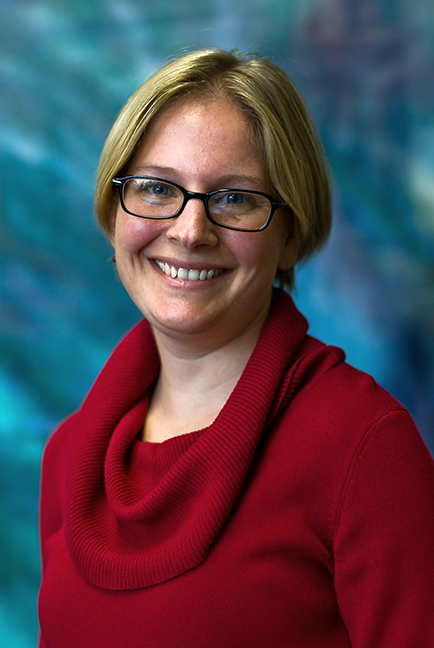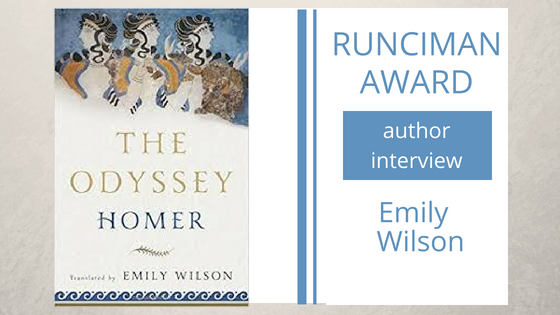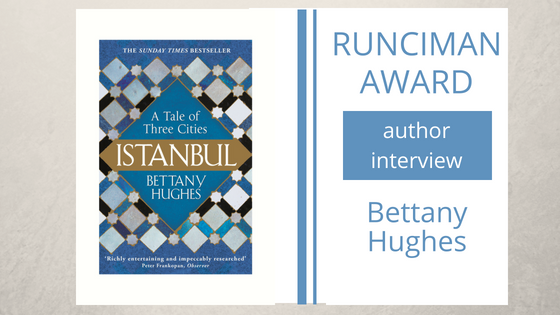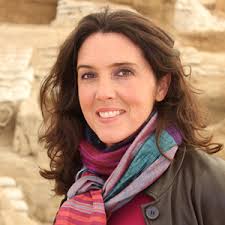INTRODUCTION
Though all other cities have their periods of government and are subject
to the decays of time, Constantinople alone seems to claim a kind of
immortality and will continue to be a city as long as humanity shall live
either to inhabit or rebuild it. Pierre Gilles, ad 1550
On 4 February 1939 the BBC transmitted an audio-recording of W. B. Yeats’s poem ‘Sailing to Byzantium’. This was the broadcaster’s tribute to the firebrand Irishman who had died seven days before. Crackling and hissing, the clipped, RP Queen’s English hangs somewhere between the sublime and the sinister, the recording itself a broken reminder of what the great city of Byzantium had and has become.




